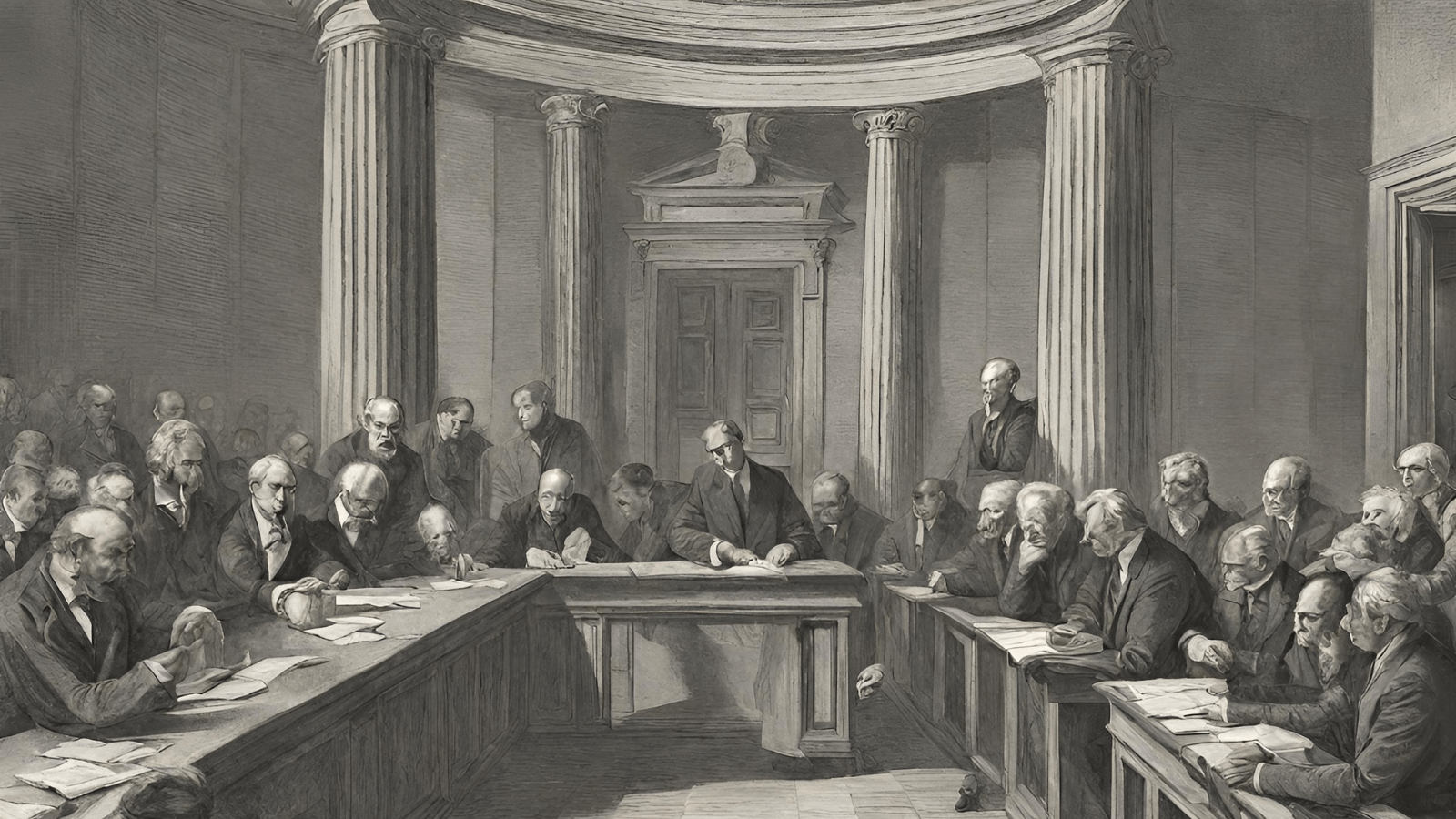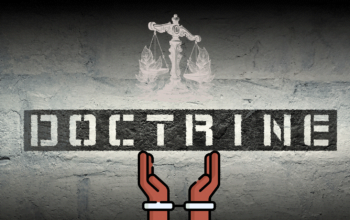Legal Literacy – In the world of criminal law, the question of the causal relationship between actions and consequences has always been the main focus. This article discusses the teaching of Causality in Criminal Law. Causality, otherwise known as causality, is a fundamental concept that explains the relationship between two events. In the context of criminal law, causality examines whether a person’s behaviour (cause) triggers a particular effect.
Definition of Causality
Causality, causality, or cause and effect is a concept that explains the relationship between two events, where one event (cause) triggers another event (effect).
In simple terms, causality can be understood as the principle that every event has a cause and effect.
Definition of Causality in Criminal Law
Causality in criminal law is the teaching of the causal relationship between a person’s actions and the consequences they cause. This doctrine is very important to determine whether a person can be held criminally responsible for an act or not.
In short, causality answers the question:
- Does one’s action cause a certain result?
- How far can one’s actions be linked to the consequences?
Example:
- Someone (A) stabbing the victim (B) with a knife. Mr B later passed away. In this case, A can be held criminally responsible for B’s death because A’s action (stabbing) was the direct cause of B’s death.
Regulation of the Doctrine of Causality
Explicitly, the Criminal Code does not contain specific rules on causality.
However, this concept is implied in several articles of the Criminal Code, such as:
- Article 359 of the Penal Code: Persecution
- Article 360 of the Penal Code: Heavy Maltreatment
- Article 338 of the Criminal Code: Murder
- Article 187 of the Criminal Code: Burning
The articles use phrases such as “resulted in”, “caused”, and “caused” which indicate a causal relationship between the act and the effect.
Theories in Criminal Law Causality
The doctrine of causality is necessary to determine the existence of an objective link between human conduct and the prohibited effect. It is therefore particularly applicable to material crimes, and crimes qualified by their consequences. This is because in material criminal offences there is an element of constitutive effect, which relates to what causes the consequences specified in the legislation and which party is responsible for the criminal offence.
Post Hoc NonPropter hoc, an event that occurs after another event, is not necessarily the result of the event that preceded it.
To answer these challenges, 3 (three) theories have generally been developed, namely:
- Teori conditio sine quanon/teori equvalen.
- Teori adequat (general)
- Individual theorists
Theori Conditio sine quanon
According to Von Buri, a cause is any condition that cannot be omitted for the effect to arise, because every such condition is a cause, all conditions are of equal value. So if even one condition is missing, the result will be different. This theory has a weakness because the causal relationship will stretch backwards indefinitely. However, according to Van Hamel, this theory is the only theory that can be maintained, but it must be complemented by the theory of error.
Teori Adequat
According to Von Kris, a cause of an event (criminal offence) is a condition that generally, according to the normal course of events, can lead to a certain result or event. This theory is based on the facts before the event. This adequat theory evolved to give rise to two schools of theory, namely subjective and objective theories. The subjective theory defines cause as what the actor knows or imagines can cause the effect (the criterion is the knowledge of the actor). Meanwhile, the objective theory sees cause as human behaviour which, according to general experience, is natural if the action causes an effect.
Individualisation Theory
According to Birk Meyer, out of a series of non-negligible conditions for an effect to arise, the one that becomes the cause is the condition that in the particular circumstances is most dominant in causing the effect. Karl Binding said that the condition is the most decisive cause. In positive terms to outweigh negative terms.
This is the discussion on the doctrine of causality in criminal law. In principle, causality is a concept that explains the relationship between two events, where one event (cause) triggers the other (effect). In criminal law, this doctrine is useful to show the causal relationship between a person’s actions and the consequences they cause. This doctrine is very important to determine whether a person can be held criminally responsible for an act or not.
Good luck!






